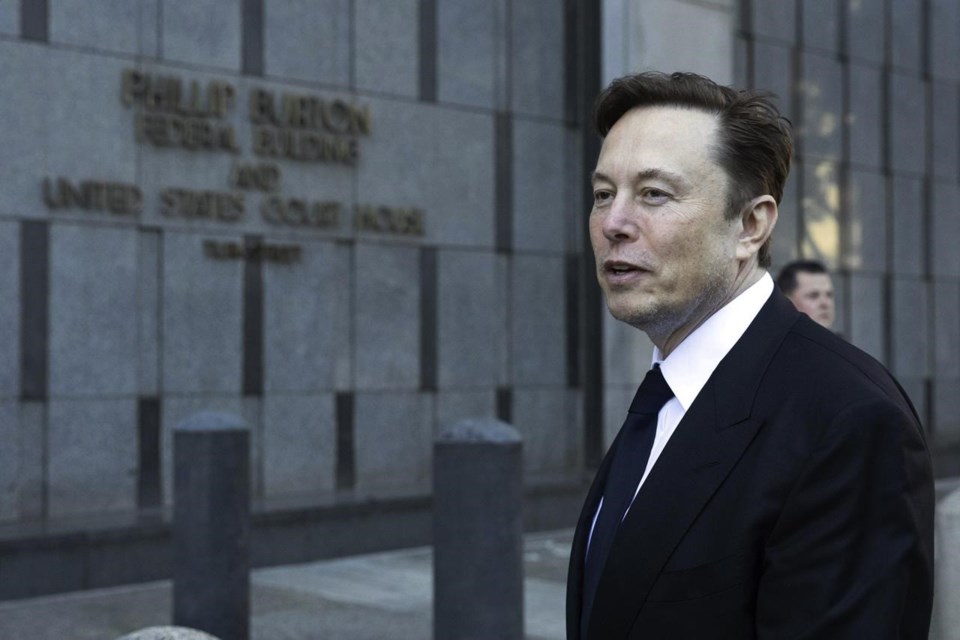Elon Musk’s brain-implant company Neuralink is being probed over its shipping methods after an animal rights group contacted the U.S. Department of Transportation, U.S. officials said.
The Physicians Committee for Responsible Medicine said that public records show untrained Neuralink employees transported “contaminated” devices that were removed from the brains of “infected” monkeys without safely packaging them. The incidents are said to have taken place in 2019 at the University of California, Davis, where experiments on rhesus macaques were performed.
Neuralink is one of many groups working on linking brains to computers, efforts aimed at helping treat brain disorders, overcoming brain injuries and other applications.
The origins of the technology dates back to the 1960s, but significant advances have been made in recent years.
Late last year, in a livestreamed “show and tell” presentation, Musk said his team is in the process of seeking approval from U.S. regulators to test his company's device. He said at the time that the company should be able to put the implant in a human brain as part of a clinical trial in about six months, though that timeline is far from certain.
The Physicians Committee for Responsible Medicine said medical files it obtained for the monkeys suggest that transported neural devices may have been contaminated with antibiotic-resistant pathogens including Staphylococcus and Klebsiella, which can cause pneumonia, bloodstream infections, and meningitis. The group said the devices have also have been contaminated with Corynebacterium ulcerans, an “emerging human pathogen” that can produce fatal diphtheria. The devices may also have come from monkeys infected with Herpes B.
“The records suggest that Neuralink’s sloppy practices pose a danger to public health and safety,” Deborah Dubow Press, Esq., associate general counsel with the Physicians Committee, said.
Neuralink, based in Fremont, California did not immediately respond to a request for comment from The Associated Press.
The Transportation Department's Pipeline and Hazardous Materials Safety Administration is conducting the investigation.
Associated Press, The Associated Press



